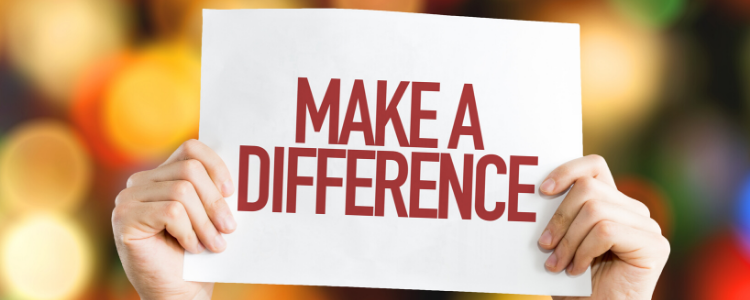When my friend, Lily Stav Gildor, and I realized that we weren’t aware of any podcasts that specifically focus on discussing mental illness with people our age (18-35), we decided to take matters into our own hands.
Last month, we launched our podcast called Mental Health Hangouts, where we interview millennials about their experiences with mental health treatment, mental illness, addiction, etc.
Lily and I are both no strangers to mental illness and mental health treatment, and our own experiences were the major inspiration behind creating Mental Health Hangouts. Lily and I have been through inpatient facilities, outpatient programs, and years and years of therapy. We both are in our mid-twenties, sober, and in recovery from eating disorders, and we both made a decision to be open about our struggles. Despite this commitment, we realized that it was still challenging to bring our issues and history up, especially while figuring out how to navigate things like mental health in the workplace and dating.
The more we shared our experiences, the more we realized that many other young people were dealing with similar mental health struggles as well. The bigger issue we noticed was that people didn’t know how to communicate these experiences, or they were afraid.
We hope that Mental Health Hangouts will provide young people with a platform where they can share their own stories and a place where they can realize that no matter what struggle they are going through, they are never alone.
We have already interviewed several young people and in these interviews we have discussed mental health in the Latinx community, mental health in the LGBTQ community, bipolar disorder, suicide, pregnancy and mental health, sex, addiction, and eating disorders. You can find the podcast on iTunes, or in the Apple podcast app.
Our website, mentalhealthhangouts.com, also has our episodes and it lists mental health resources. Please know that we are always looking for suggestions about how we can better connect those who are in need of mental health services.
Thus far, one of the most amazing things we have learned is that you can still have fun and laugh even while discussing mental illness and some of your deepest struggles. Each episode, we experience a spectrum of emotions; we’ve laughed, we’ve cried, and we’ve nodded our heads in agreement. Lily and I have found points of commonality with each other and with our guests, and we’ve all learned things from each other that we hadn’t known before.
Of course, we would love for as many NEDA supporters as possible to listen to the podcast, and to tell their friends and family about it as well. But we also hope to model for young people the ways in which you can use creative projects to share your own experiences and to push back against the stigma attached to mental illnesses, including eating disorders.
As a podcast host and as a person who often writes about his experiences with mental illness and addiction, I love to talk to other people who are looking to get into similar work. All you need to start a podcast is an idea and access to a laptop, and all you need to write about your experience is access to a computer.
Never feel like you are stepping on anyone else’s toes by making your own mental illness project: mental illness can affect anyone; it doesn’t matter your age, gender, sexual orientation, race, ethnicity, religion, etc. We can never talk about mental illness and mental health treatment enough; we can never push against the stigma too much.
So, if you have an idea, or a message you want to get out, do it! There are so many publications that want stories about mental health or you can even make your own blog; there are so many podcasters who want guests who will speak about their own experiences and there are so many listeners ready to support a new podcast.
If anyone ever has questions about writing or talking about mental health, mental illness, addiction, etc, please never hesitate to reach out to our podcast email at MentalHealthHangouts@gmail.com.
Seamus Kirst is the author of a memoir, Shitfaced, about mental illness and addiction. He is the co-host of the Mental Health Hangouts podcast. Follow @SeamusKirst on Twitter and like his page on Facebook.





